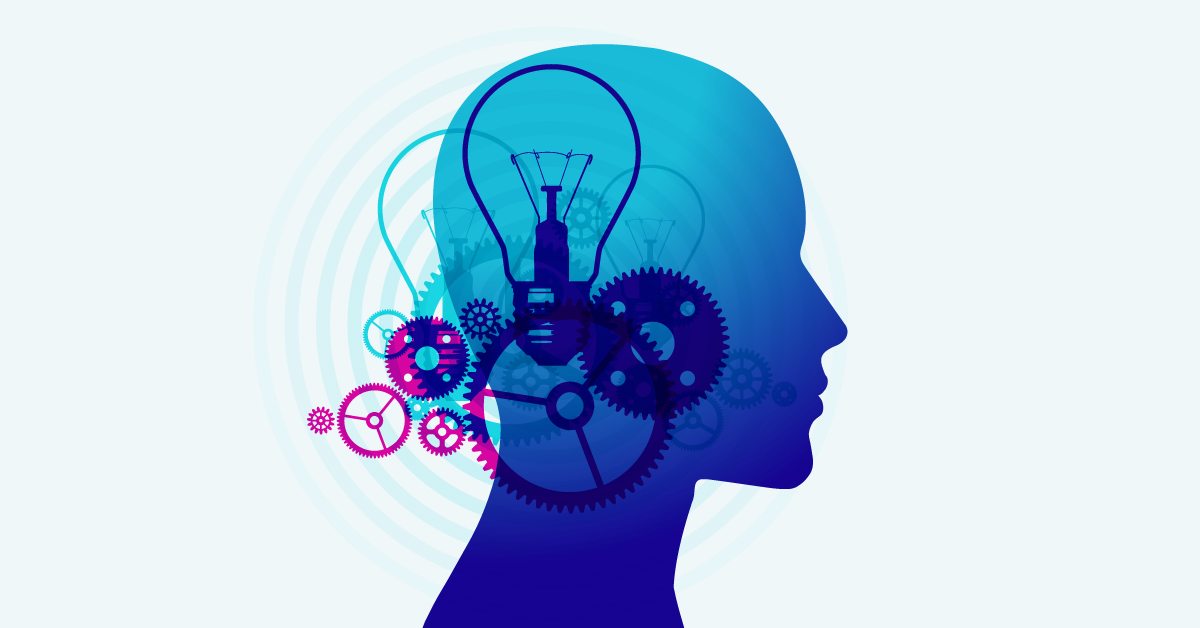Our services Dialectical behavior therapy
Dialectical behavior therapy is a common form of psychotherapy that can effectively treat many mental health concerns including anxiety, depression, trauma, and more.


Dialectical behavior therapy can be used to treat the following conditions
- Personality disorders
- Depression
- Bulimia
- Binge eating
- Bipolar disorder
- Post-traumatic-stress disorder
Dialectical behavioral therapy (DBT) is a type of cognitive behavioral therapy (CBT) that focuses on a patient’s psychological and emotional capabilities. The word “dialectical” refers to the logical discussion of ideas and opinions. DBT is used for a wide range of conditions. It’s most well-known for treating people who are experiencing depression, bulimia, binge-eating, bipolar disorder, post-traumatic stress disorder (PTSD), and substance abuse.
DBT is guided by four modules including:
- Mindfulness: Accepting, and being present in, the moment
- Interpersonal effectiveness: Communicating with others effectively
- Distress tolerance: Coping with, and moving through, unpleasant emotion
- Emotion regulation: Managing intense, negative emotions
Online Dialectical Behavioral Therapy
DBT can be done in individual or group sessions. One of its main focuses is moving away from black and white thinking and toward a more neutral mindset. The therapist typically assigns homework for the client(s), which usually involves practicing the learned DBT skills in their day-to-day lives. Eventually, DBT also empowers the clients to take control of their own mental well-being.
-
97%
of clientswho said they were very or extremely satisfied with their therapist
-
4.9
average providerrating for clients who had therapy sessions using Amwell
What to expect using Amwell®
- Review our providers's education, experience, and approach to treatment and choose a provider that works for you.
- Schedule your appointment online, no need to call in. Pick a time in your schedule that works for you.
- Add your phone number. This will give us a way to reach you if your appointment changes.
- Set a reminder, we'll email you a few hours before the call so you can get ready.
- That's it! On the day of your appointment you'll talk to your provider and address your concerns.
Got questions? We've got answers
DBT is a type of CBT. The main difference is that DBT focuses on mindfulness, distress tolerance, emotion regulation, and interpersonal effectiveness, while CBT focuses on replacing negative thoughts and actions with productive behaviors.
DBT can be used to treat personality disorders, depression, bulimia, binge eating, bipolar disorder, post-traumatic-stress disorder, and substance abuse.
Dialectical behavioral therapy, is a manualized, skills-based type of CBT that was originally developed in the 1980’s for the treatment of Borderline Personality Disorder by Marsh Linehan, Ph.D. DBT has since been used in a much broader way as an evidenced based treatment approach for many mental health conditions.
The four modules of psychological and emotional function that DBT focuses on include: Mindfulness, interpersonal effectiveness, distress tolerance and emotion regulation. Traditionally, skill development in these four modules is approached in a systematic and gradual manner in both individual and group therapy. DBT, like other forms of CBT, focuses on the client's functioning in their day-to-day lives and incorporates skill coaching and reinforcement of skill practice between therapy sessions.
DBT is well suited for clients who have struggled with emotion regulation. This therapy is based in a biopsychosocial framework and theory that some people have a predisposition toward emotional hyperarousal and take longer to regain emotional balance than others. This tendency in combination with a social environment that reinforces maladaptive responses to emotion, can lead to the development of patterns of reactivity that are extreme and out of proportion. Such reactions and behaviors may cause problems in relationships, learning, and employment. DBT emphasizes the partnership of the therapist and client. This kind of collaboration can foster the positive alliance necessary to engage in the difficult and challenging work of changing maladaptive patterns to create a “life worth living” as defined by the client.
In traditional DBT treatment, clients have weekly sessions with an individual therapist and weekly DBT group therapy where there is a focus on working through the specific skills in each module. In more recent years, as DBT’s effectiveness has become more clear,ithas been adapted and integrated into other forms of psychotherapy.




